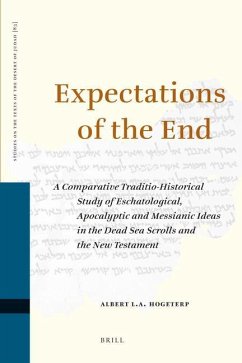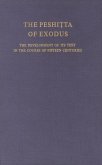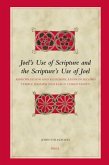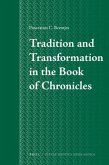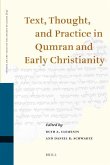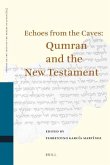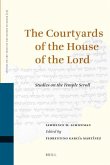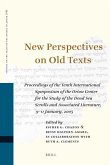Since a fuller range of Qumran sectarian and not clearly sectarian texts and recensions has recently become available to us, its implications for the comparative study of eschatological, apocalyptic and messianic ideas in the Dead Sea Scrolls and in the New Testament need to be explored anew. This book situates eschatological ideas in Qumran literature between biblical tradition and developments in late Second Temple Judaism and examines how the Qumran evidence on eschatology, resurrection, apocalypticism, and messianism illuminates Palestinian Jewish settings of emerging Christianity. The present study challenges previous dichotomies between realized and futuristic eschatology, wisdom and apocalypticism and provides many new insights into intra-Jewish dimensions to eschatological ideas in Palestinian Judaism and in the early Jesus-movement.
Hinweis: Dieser Artikel kann nur an eine deutsche Lieferadresse ausgeliefert werden.
Hinweis: Dieser Artikel kann nur an eine deutsche Lieferadresse ausgeliefert werden.

